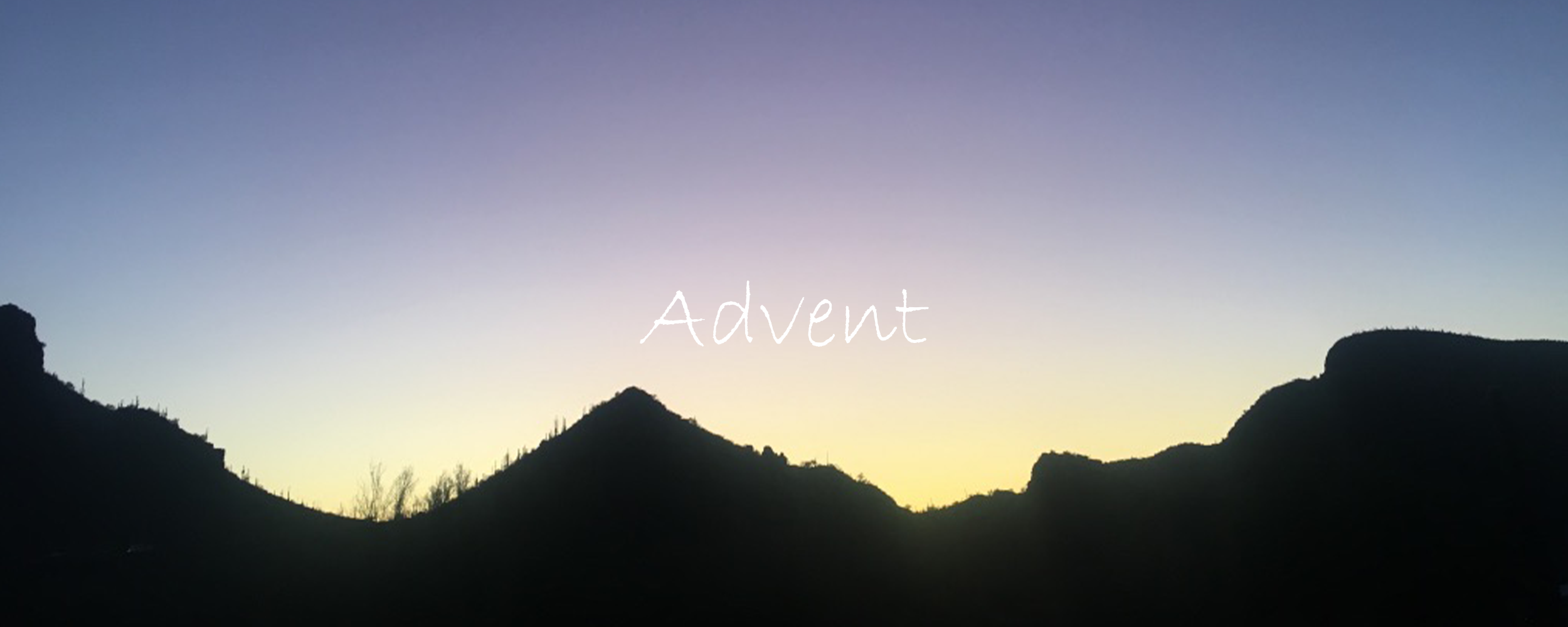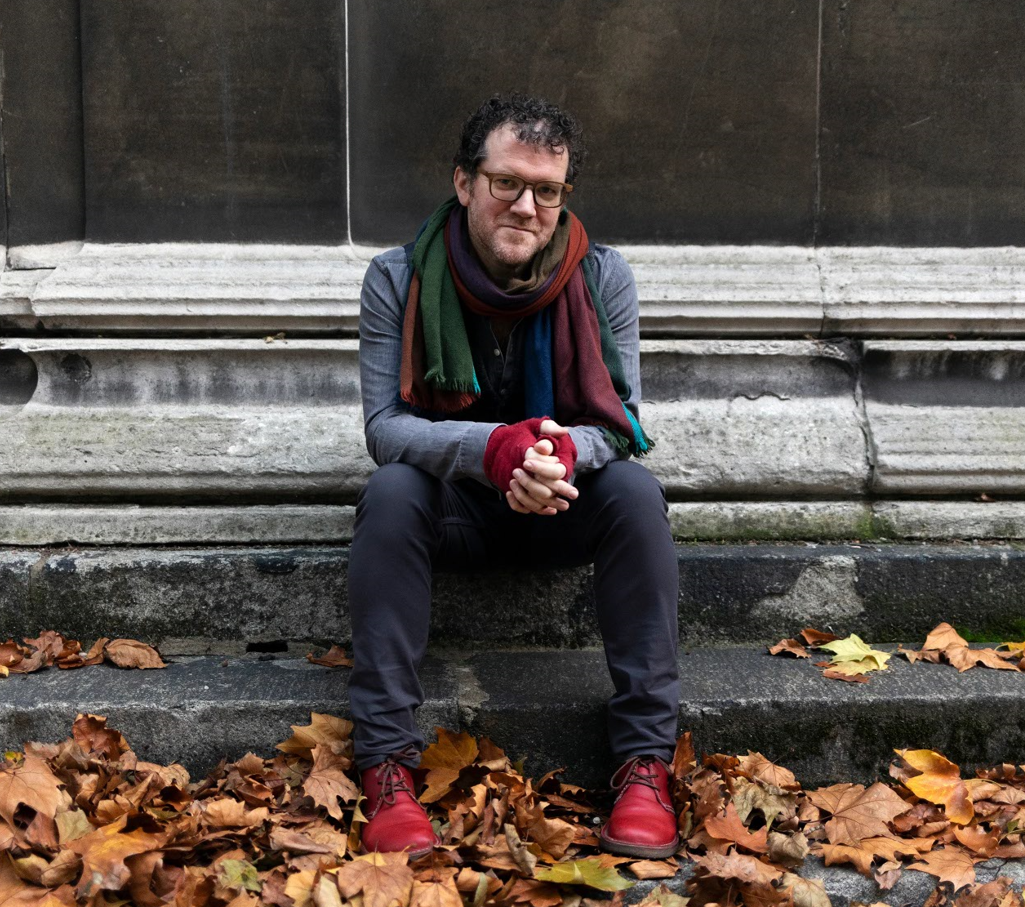


ADVENT Series: Spirituality, Conflict and the Gospels
THURSDAYS:
November 28 7-8:15 pm
December 5 7-8:15 pm
December 12 8-9:15 (Note we start 1 hr later)
December 19 7- 8:15 pm
Thursdays November 28 to December 19, 2024 @ 7 pm
ZOOM LINK: https://us02web.zoom.us/j/81137271181
ADVENT SERIES WEEK 4
Notes paraphrased & quoted from the interview of ÓTuama with Pat Bennett
PÓ: What are habits you notice about yourself when you’re in conflict?
PB: 1 good: to take a breath to give myself space when I’m in a situation of conflict or tension -whether a physical breath or metaphorical (a word to myself to say “pause”, “wait” “stop” “just make space”). It helps disconnect the emotional drive from the cognancy processing.
1 bad: a tendency to constantly go over things, what I’ve said and there’s a tendency for accretions to occur. Then you’re telling yourself an unhelpful story of what might behind something that is not that really close to reality and is unhelpful.
PÓ: There can be conflict about what the conflict is about; fear about fear.
Matthew 2:1-12
PB: A text of 2 parts with an inverse pattern between the two: Herod paints himself into a smaller and smaller space: first all Jerusalem, then Herod with his advisors and then Herod only with the wisemen with increasing fear. Good illustration of allowing ourselves to be trapped in situations of reducing our freedom – especially the narratives we have about certain situations.
PÓ: Fear can turn into terror or into an opportunity to reflect.
PB: The Magi: Part 1 of this reading, fear and anxiety set the tone for the sequence of events; Part 2 it is joy and gladness, it is a completely different way of operating. Herod seeks control; The wisemen simply follow the star and are filled with joy when it stops. Opening of up their gifts in an expansiveness of the text – possibility also opens up. “Going back another way” – something has changed and opened up.
Herod’s racially Arab, religiously Jewish, culturally Greek, politically Roman –all boxing him in. The smaller the space that you inhabit, the less possible it is to act creatively.
PÓ: Better not to respond to fear with further fear, but to consider generosity or a pilgrimage.
PB: To change the energy, you can do something completely different to expand the possibilities, through breath, a book, art, walking –to allow the energy to change rather than being terribly rational about it. Consequence of H.’s fear is that he sets in motion events that takes life away from people and not more life for him, but gives him a spurious, transient, sense of security.
PÓ: Herod expects threat; the Magi expect hospitality.
PB: His own noise of his fear is so loud, he can’t hear anything else.
It is not necessarily the words of someone else, it is our own fear that stops us from attending to the Presence that is waiting there to show us something different. Our own behaviour is where we need to begin, because in conflict we begin with ourselves to make progress.
Science asks how and religion asks why. Historically we are told a story of conflict between the two, but knowledge is much more complex than provable facts. Debates between the two are quite sterile when focused on causality i.e Creation vs Evolution, often defending positions rather than how we might nurture a conversation of space that sees how our two different insights of theological reflection and science come together to enrich our knowledge of the whole.
Psycho-neuro immunology: Looking at what goes on in our brain and how our experience affects how our immune system function.
Prayer, by Pat Bennett
Epiphany God
waiting to be encountered and embraced—
forgive us for those times when fear or hostility
restrict our openness to your Presence and possibility
and keep us trapped in an empty place. …
silence or kyrie
Epiphany God
waiting to comfort and console—
forgive us for those moments when fear or hostility
restrict our openness to your Presence and possibility
and keep us trapped in an unhealed place. …
silence or kyrie
Epiphany God
waiting to challenge and transform
forgive us for those occasions when fear or hostility
restrict our openness to your Presence and possibility
and keep us trapped in a barren place …
silence or kyrie
Epiphany God - bright Morning Star,
waiting to enrich and enlarge us -
may we know your Presence with us now,
and, in opening ourselves to embrace its possibilities
find new places to inhabit
and different ways by which to journey onwards.
A few points from the video with Ruth Harvey on conflict transformation
What are some of the habits you notice about yourself when you’re in conflict?
Are there new habits you might learn?
ScriptureJohn 17: 20-26
This passage carries a message of empathy (deep accompaniment of another with openness to change.) Jesus of Nazareth repeats that we are “to be one” several times. In management circles repetition like this is considered good communication. You need to say the same thing “seven” times.
Is oneness possible in the midst of conflict?
Empathy during offensive conflict can be emotionally costly. Intervening in a conflict of emotional urgency is about creating more space than people think there is.
The unity we are called to, is one that allows us to be wholly ourselves at the same time as being wholly in the context of the other. i.e. Dropping our assumptions, to fully embrace the other.
Oneness can be uncomfortable. The Celtic knot of the trinity has as much space as it does lines. This space allows us to be ourselves.
The “otherness” has gifts for us and one way to receive is to be curious about the other.
How do you cope with powerful disappointment in the room? 1) Forewarning those involved that the final decision(s) may not be what we were expecting. 2) Acknowledge the feelings in the room. 3) Pause.
Pádraig ÓTuama: What are the footnotes to a controversial term someone has used?
Can people realize and vocalize their personal definitions for a more accurate understanding and then disagree well?
Prayer by Ruth Harvey
Holy and One:
we pray for a world
that we are so folded in to the other,
not that all views are meshed,
but that the depth of sharing
and the reach of love
may draw us to a deeper
justice and a fuller peace
for the sake of the world. Amen.
What word for you is important in this prayer?
A few points from the video with Alex Wimberley Scripture
John 1: 43-51 Call of Nathaniel, overcoming stereotypes through the risk of being changed.
What place names for you carry emotional significance?
In dialogue with others, rather than measure your own intention in making a point, consider the impact you have made.
The faith that I have in the love of God allows me to be challenged by the people I meet, and that can be joyful—
discovering the good news together. Conflict can be fruitful, if it is not causing harm.
Prayer by Alex Wimberley:
God who calls us to follow, / who calls us to question:
you allow us to come as we truly are / and to see beyond / our limited view.
As we relocate ourselves / within the reach of your grace,
may our beckoning connections, / lead us from our set positions
so we can gain a fuller sense / of the good news / we still can hear. Amen.
What word for you is important in this prayer?
Can you turn discomfort (in being wrong or at fault) into curiosity?
Ó Tuama: Love doesn’t entitle you. It frees you to name some of your own foibles.

"Spirituality, Conflict & the Gospels" with Pádraig ÓTuama (videos by zoom)
Drop in Thursdays for 4 weeks of Pádraig ÓTuama interviews with theologians followed by LICCF Advent Devotions: Wreath, Song, Meditation
ZOOM LINK: https://us02web.zoom.us/j/81137271181
What to bring? An advent wreath or candle.
*No registration required.